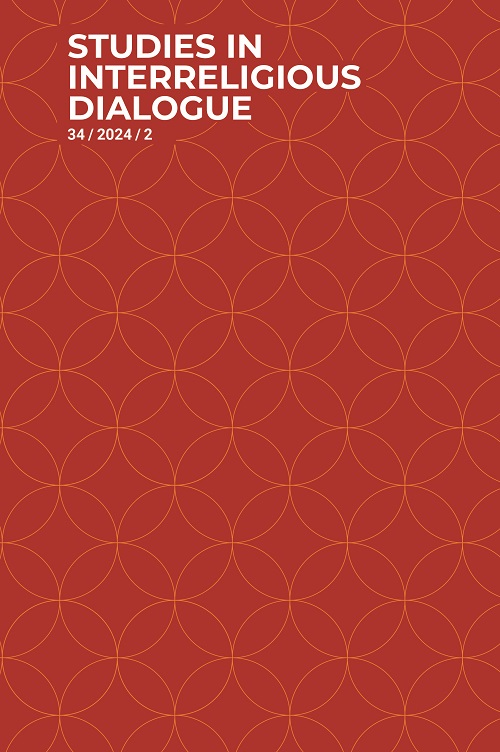 previous article in this issue previous article in this issue | next article in this issue  |

Preview first page |
Document Details : Title: Intercultural Understanding when Translating the Concept of Jihād into English Author(s): SHEHAILALALWI, Fahd , ALY ISMAIL, Alsayed M. Journal: Studies in Interreligious Dialogue Volume: 28 Issue: 1 Date: 2018 Pages: 77-100 DOI: 10.2143/SID.28.1.3285345 Abstract : This paper attempts to shed light onto the significance of the intercultural and interreligious understanding when translating the jihād concept. Religious concepts like jihād, are an intriguing area of research. Understanding and translating these religious concepts is shaped by the translator’s presuppositions. The translator cannot be detached from these presuppositions, consciously or unconsciously, because they are constituted by the narratives of his culture. He is embedded in these narratives and his understanding and translation has largely been shaped by them. As such, the translator must choose the best targeted English word or words to translate jihād. That choice, however, has its own conception and presuppositions on this issue. Therefore, the idea of intercultural and interreligious dialogue has become essential when translating religious concepts like jihād because it draws the attention of the translator to counter-narratives. This awakening informs him of discrepancies in the historical experience of the religious concept under examination and deconstruct his own set of presuppositions. As such, this study applies Baker’s narrative theory to examine the translations of the jihād concept. |
 |


